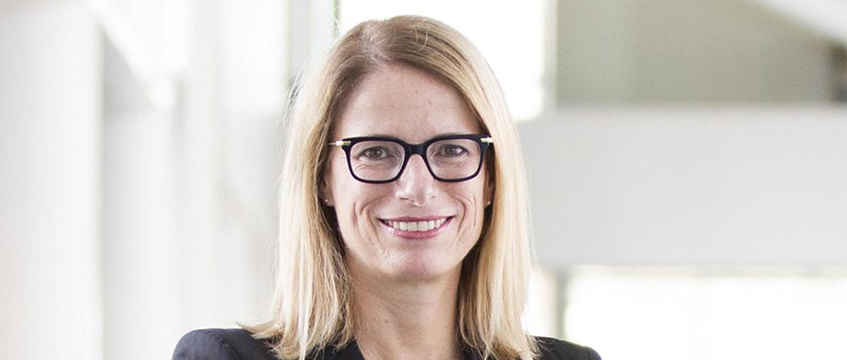Rita-Rose Gagné was blunt during her first annual results call as chief executive of Hammerson. The Covid-19 pandemic resulted in “an awful year” for the business, she told analysts earlier today.
The company has suffered the largest fall in net rental income and asset values in its history, the value of its portfolio written down by £1.6bn over the course of 2020.
Investors and colleagues alike will now look to Gagné and other yet-to-be announced fresh faces in the boardroom for a recovery plan.
“A new management is in place,” Gagné said. “We will need time to stabilise the ship and return it to a growth path. My immediate focus is on navigating [that] path safely. We will do this by tactical disposals and intelligently managing and refinancing ahead of us.”
She added: “Believe me, I recognise and see the extent of the challenges ahead. Leaving aside the financial impact [of] the pandemic, the sector is going through a structural transformation that I have seen and worked through in many markets across the globe, particularly in Asia. [But] it is evolving to a model where all city centre assets have multiple uses. I believe we have the right assets in the right locations to provide these future destinations.”
A strategic and operational review is under way to get the landlord back on track and reduce its debts. Disposals, refinancing and measures to streamline its operations are all on the cards. An update on the review – which involves a “mix” of input from external consultancies and internal parties – is expected by the summer. The reviews will also assess new leasing strategies with its occupiers, which Gagné acknowledged are having to adapt to a changing market at “warp speed”.
In terms of disposals, “nothing is off the table”, Gagné tells EG. While she points to its recent £73m disposals as indications of where “pockets of liquidity” can be found, everything is seemingly under consideration, including its stake in Bicester Village owner Value Retail.
“You don’t fall in love with your assets, … if the price is right, all assets are on the table,” she said.
The landlord is also working out how much of its retail portfolio should be repurposed, which Gagné believes will play a “very important” part in the years to come. Its 100-acre land bank has been highlighted as an area of “strategic opportunity”.
Shareholders seem to have faith. Hammerson’s stock had risen by more than 5% in London as of mid-afternoon. And there was good news amid the year-on-year financial falls. In its results announcement, the company confirmed that it has secured £73m from the sales of Brent South Shopping Park to the London Borough of Barnet, and its stakes in two French joint ventures, Nicetoile and Espace Saint Quentin, to joint owner Allianz.
Hammerson has also said it will meet its liabilities for at least the next 12 months, although it highlighted a “material uncertainty” relating to the pandemic’s impact on retail as well as the broader economy.
“More adverse outcomes relative to those assumed in the scenario modelling could result in breaches in the group’s unsecured gearing and interest cover ratio covenants, regardless of the outcome of the secured debt facilities negotiations,” its results statement read.
And Hammerson’s debt pile is still high. Proceeds from its rights issue last year cut net debt by 21% to £2.2bn, while its loan-to-value stands at 46% on a fully proportionally consolidated basis.
But could the best future for Hammerson be away from the public markets? Two shareholders – pension fund APG and South Africa’s Lighthouse Capital – each own some 20% of the company, and analysts have questioned whether a take-private is on the horizon. Gagné rules nothing in – or out.
“At this point our strategic review is looking at the company… to get it to the best possible shape,” says Gagné. “Whatever opportunity comes in time, we’ll see. But for now, it’s not the objective.”
To send feedback, e-mail pui-guan.man@egi.co.uk or tweet @PuiGuanM or @estatesgazette











